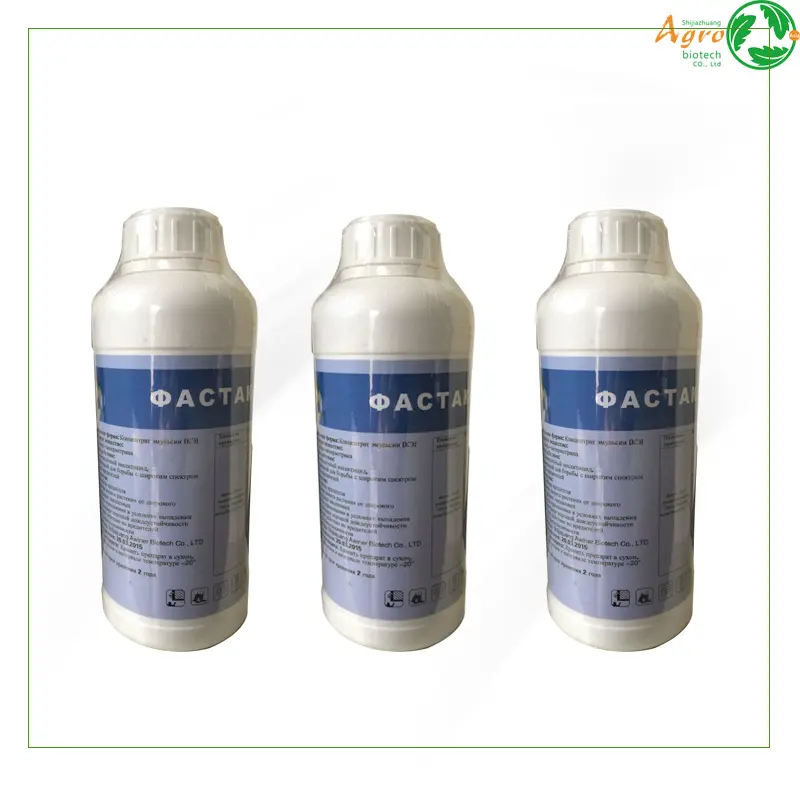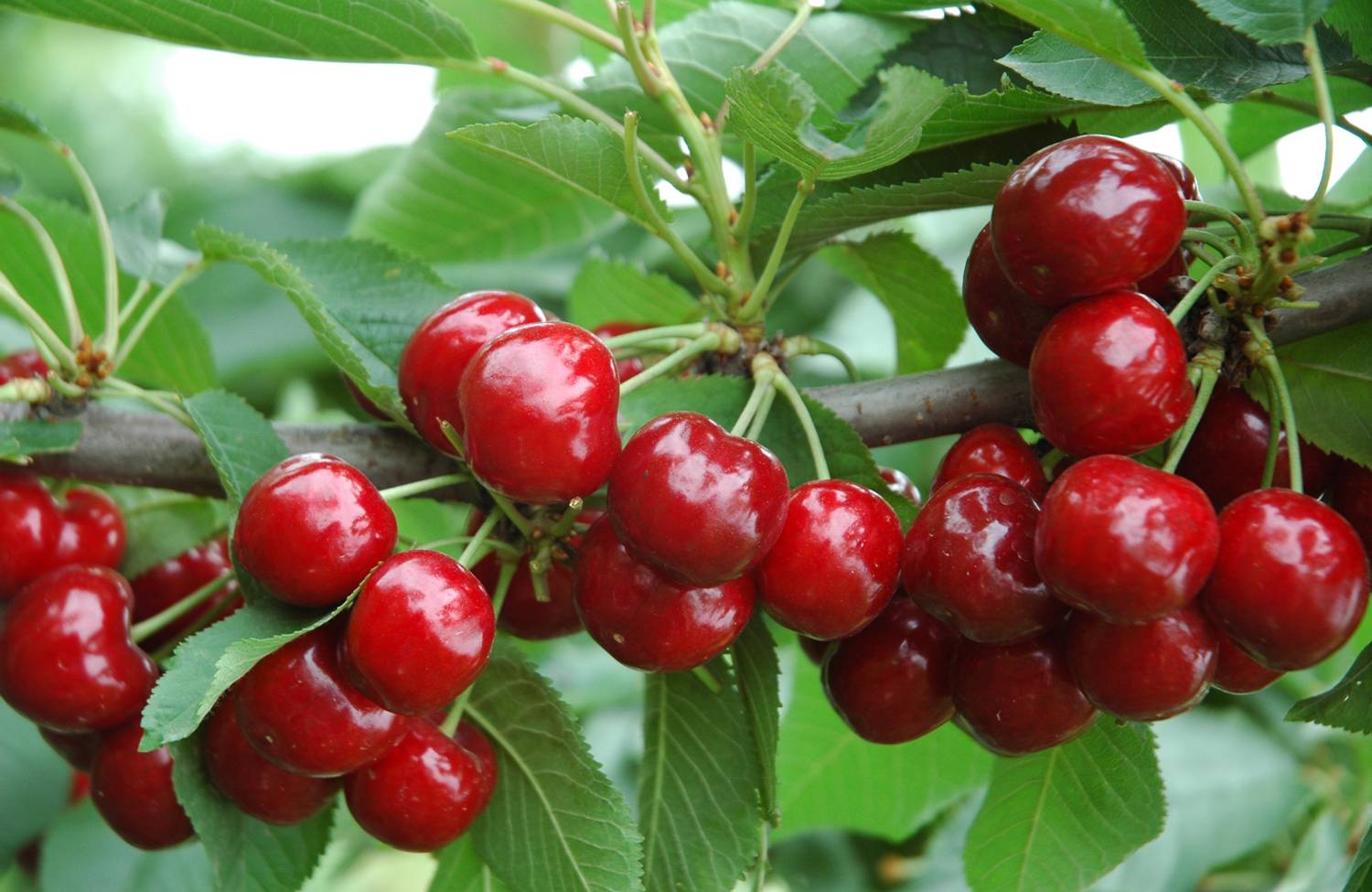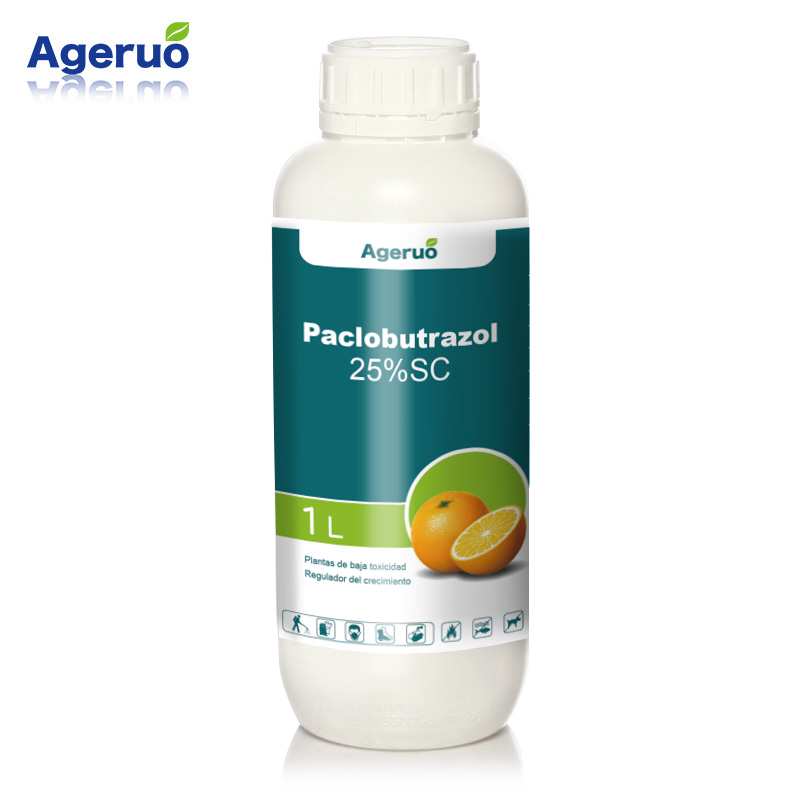News
-
Spraying glyphosate herbicide before and after rain: does it affect effectiveness?
Glyphosate herbicide is a widely used chemical herbicide mainly for controlling the growth of various weeds. However, the effect of weather conditions, especially rain, on its effectiveness during use is a concern for many users. This article will delve into whether rain affects the effectiveness...Read more -
What are Carbamate insecticides and how to choose the right one?
Carbamate insecticides are essential chemicals in modern agriculture and public health. They control the reproduction and spread of pests by inhibiting the enzyme acetylcholinesterase (AChE). In this paper, we will explore in detail the mechanism of action of carbamate insecticides, their scope o...Read more -
Malathion’s Frequently Asked Questions!
What is the main ingredient of Malathion? Malathion is mainly composed of organophosphate ester compounds, which are characterized by low toxicity and high efficiency in killing insects. What are the safety measures to be observed when using Malathion? When using Malathion, avoid direct contact ...Read more -
What is a neonicotinoid insecticides?
Neonicotinoids are a class of widely used neurotoxic insecticides. They are synthetic derivatives of nicotine compounds that kill pests primarily by affecting the central nervous system of insects. How neonicotinoids work Neonicotinoid insecticides work by binding to nicotinic acetylcholin...Read more -
Types of insecticides and mechanisms of action
What are pesticides? Insecticides are a class of chemical substances used to control or destroy pests and protect crops, public health and stored products. Depending on the mechanism of action and the target pest, insecticides can be categorized into various types, including contact insecticides,...Read more -
How to choose Systemic Insecticides?
Systemic insecticides have revolutionized pest management in agriculture and horticulture. Unlike traditional insecticides that act on contact, systemic insecticides are absorbed by plants and provide internal protection against pests. This comprehensive overview delves ...Read more -
What are the types of insecticides?
Insecticides are chemical substances used to kill or control harmful insects. They are widely used in agriculture, health and horticulture to protect crops, the home environment and public health. Insecticides are widely used in agriculture and health. They not only incr...Read more -

Plant Growth Regulators: What are Plant Growth Regulators?
Plant growth regulators (PGRs), also known as plant hormones, are chemical substances that significantly impact the growth and development of plants. These compounds can be naturally occurring or synthetically produced to mimic or influence natural plant hormones. ...Read more -

Cypermethrin: What does it kill, and is it safe for humans, dogs, and cats?
Cypermethrin is a widely acclaimed insecticide revered for its prowess in managing a diverse array of household pests. Originating in 1974 and endorsed by the US EPA in 1984, cypermethrin belongs to the pyrethroid category of insecticides, emulating the natural pyrethrins present in chrysanthemum...Read more -
Understanding Imidacloprid: Uses, Effects, and Safety Concerns
What is Imidacloprid? Imidacloprid is a type of insecticide that mimics nicotine. Nicotine naturally occurs in many plants, including tobacco, and is toxic to insects. Imidacloprid is used to control sucking insects, termites, some soil insects, and fleas on pets. Produc...Read more -

How to prevent cherry fruit brown rot
When brown rot occurs on mature cherry fruits, small brown spots initially appear on the fruit surface, and then spread rapidly, causing soft rot on the whole fruit, and the diseased fruits on the tree become stiff and hang on the tree. Causes of brown rot 1. Disease...Read more -

Measures to control the overpopulation of vegetables in greenhouses are exquisite
Leggy is a problem that easily occurs during the growth of vegetables in autumn and winter. Leggy fruit and vegetables are prone to phenomena such as slender stems, thin and light green leaves, tender tissues, sparse roots, few and late flowering, and difficulty in setti...Read more




